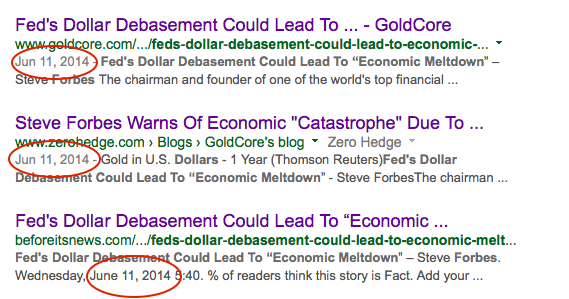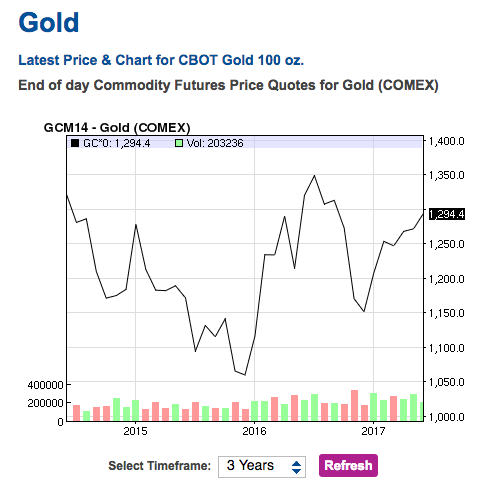@TBPInvictus here: June 11 is an interesting anniversary. 3 days from now 8 years ago, Art Laffer penned his dead-wrong op-ed in the Wall St. Journal. Here’s Barry:
BR: One of the things I frequently discuss in these pages is the importance of having an objective, defendable process, including an awareness of one’s own biases and cognitive errors.
This applies to just about anything, but it is especially important for those of us who engage in analytical pursuit of complex issues. Whether you perform economic analysis, portfolio management, defense/war risk threat assessment, stock selection, political policy planning, even deep philosophical inquiries — all of these subject matters include a strong risk of self-delusion. We see entire professions where practitioners as a group seem wholly unable to separate their natural tendencies towards confirmation bias, narratives, selective perception, or worse in the attempt to honestly pursue the truth.
At times, the errors appear so egregious as to make one suspect they are willful. They are often forgotten in politics, but in investing they are terribly expensive mistakes to make. As an example of bias leading to error, consider the following infamous forecast from Economist Art Laffer. If I were teaching a class on behavioral economics, his OpEd would be my mid-term exam.
Exam question: “Identify as many biases leading to logical errors or unjustified assumptions as you can. Explain each in terms of known cognitive errors, as well as evolutionary psychology.”
@TBPInvictus here again:
Wrote Laffer:
The percentage increase in the monetary base is the largest increase in the past 50 years by a factor of 10 (see chart nearby). It is so far outside the realm of our prior experiential base that historical comparisons are rendered difficult if not meaningless. The currency-in-circulation component of the monetary base — which prior to the expansion had comprised 95% of the monetary base — has risen by a little less than 10%, while bank reserves have increased almost 20-fold. Now the currency-in-circulation component of the monetary base is a smidgen less than 50% of the monetary base. Yikes! […]
It’s difficult to estimate the magnitude of the inflationary and interest-rate consequences of the Fed’s actions because, frankly, we haven’t ever seen anything like this in the U.S. To date what’s happened is potentially far more inflationary than were the monetary policies of the 1970s, when the prime interest rate peaked at 21.5% and inflation peaked in the low double digits. Gold prices went from $35 per ounce to $850 per ounce, and the dollar collapsed on the foreign exchanges. It wasn’t a pretty picture.
Yikes, indeed. That op-ed hasn’t aged well. To his credit, Laffer did acknowledge that perhaps he’d gotten something wrong. Some of us knew that back then, as I wrote shortly after the op-ed (emphasis in original):
Anyway, here’s the point that Mr. Laffer and Mr. Bowyer are apparently missing (as evidenced by the two charts above): There’s no demand for the money that’s “sloshing around the system,” and there likely isn’t going to be for some time to come – and by that I mean years, not months or quarters.
And my pal Bonddad:
According to the latest Flow of Funds report total household debt outstanding decreased in the fourth quarter of last year and the first quarter of this year. And that trend is likely to continue.
Exactly five years after Laffer, three years ago, we were treated to another spectacular display of wrongness in the personage of Steve Forbes. It went something like this:
If you bought gold based on Mr. Forbes’ histrionics, which was part of his missive, you got, in a word, crushed over the next ~18 months, assuming you could hang on that long:
Although it’s not yet anniversary time, this is so reminiscent of the November 2010 open letter to Bernanke whose authors, like Laffer and Forbes, got just about everything wrong although, as of a few years ago, they all remained unrepentant and unapologetic.
Barry (and I) have said it countless times, yet it bears repeating once again: DO NOT TAKE INVESTMENT ADVICE FROM IDEOLOGUES. Make a charitable contribution instead. A fool and his money are soon parted.




